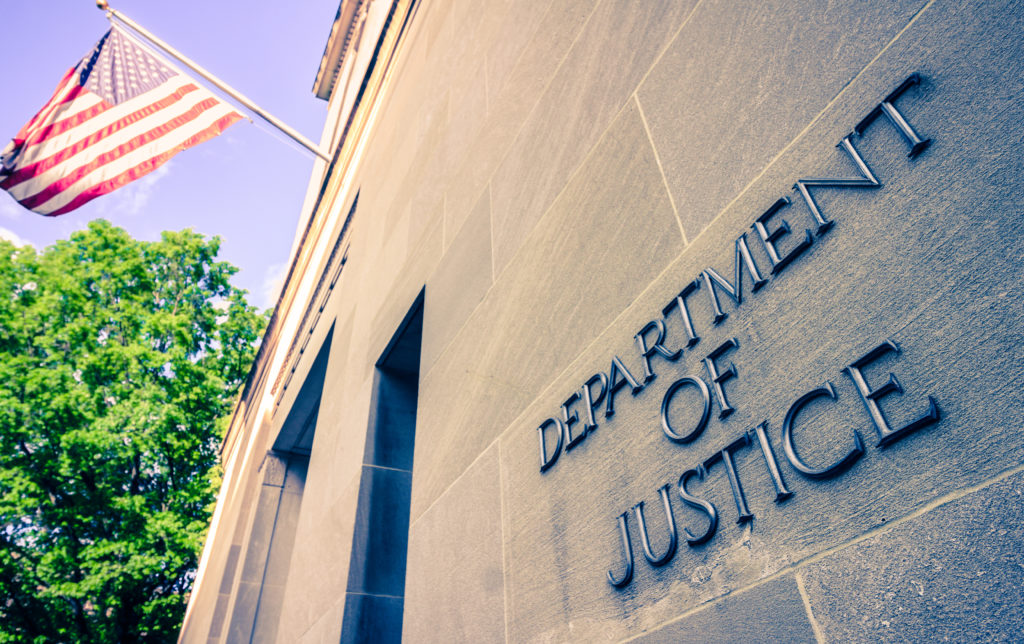PETA’s successes with a North Carolina jury haven’t translated well into the court of public opinion. As we wrote in yesterday’s Norfolk (VA) Virginian-Pilot, the fact that PETA unapologetically kills healthy cats and dogs has done irrevocable damage to the group’s reputation:
[R]easonable people can agree that if the whole trial was a sham, and if the jury made the right decision (and that’s a big "if"), it’s hard to see the group as anything but hopelessly hypocritical in light of the testimony from PETA’s employees…[K]illing of animals, whatever the circumstances, is not something we’ve come to expect from PETA. Yet in front of a judge and jury this month, PETA’s defense lawyer argued that animals Hinkle injected with a lethal drug were "PETA’s property, and she had the absolute legal authority" to do it.Remember that the next time PETA argues that ranchers, restaurants or clothiers don’t have that same legal authority.
The Virginian-Pilot also ran a response piece from Daphna Nachminovitch, who leads PETA’s ironically named "Rescue Department." ("Rescuing" pets from what? Oxygen over-consumption?) Nachminovitch basically argued that PETA staffers were doing the animals they killed a favor because the conditions in North Carolina shelters are so bad.You would expect an animal "rights" group to at least make a good faith effort to find "rescued" pets homes before killing them. But in North Carolina, PETA’s workers didn’t even wait to get out of the parking lot before they "put down" dozens of perfectly healthy and adoptable animals. And very little of PETA’s $25 million dollar budget goes towards pet adoption programs. So while PETA may be helping animals by taking them out of substandard shelters, what it does to them clearly violates the principle of animal "rights" as it is commonly understood.That message has gotten through to at least one long-time PETA donor. Yesterday, animal activist Brennan Browne — a PETA "supporter and defender since 1980" — announced on an animal rights mailing list that he’s removing PETA as the beneficiary of his $3 million life insurance policy because, in his words:




